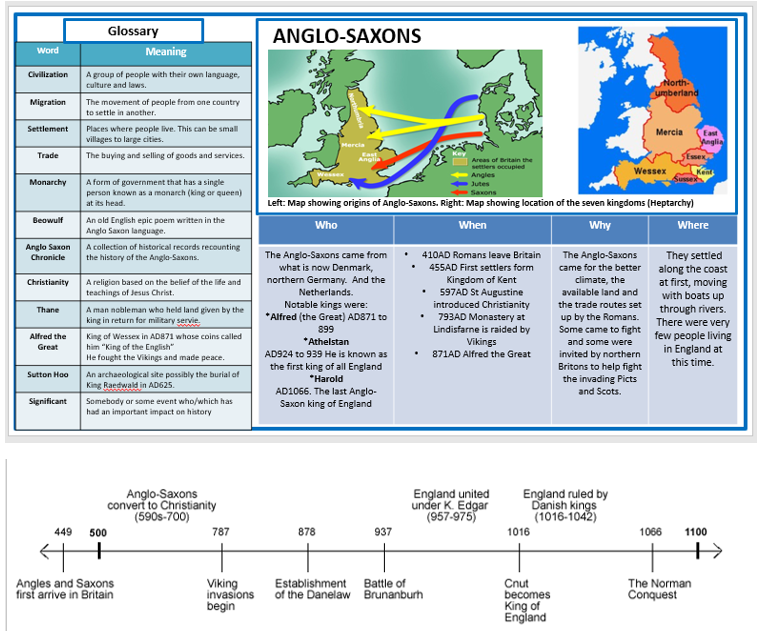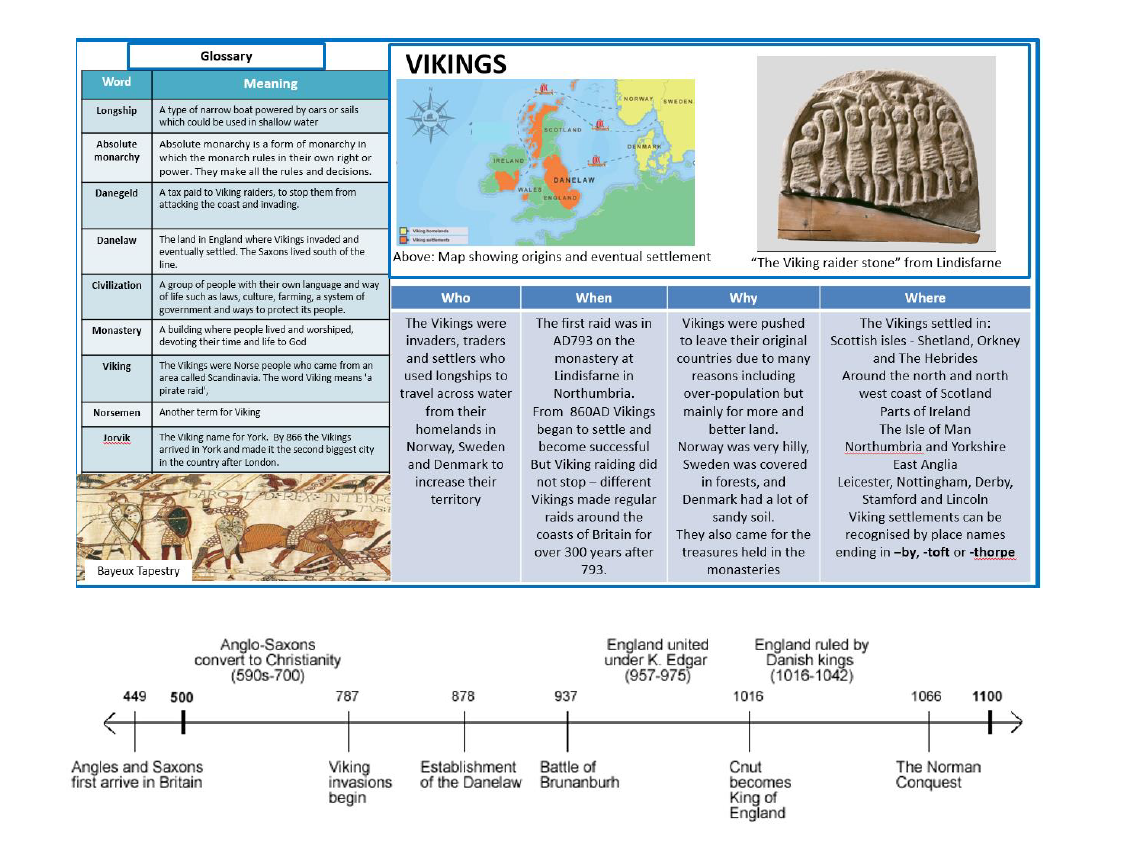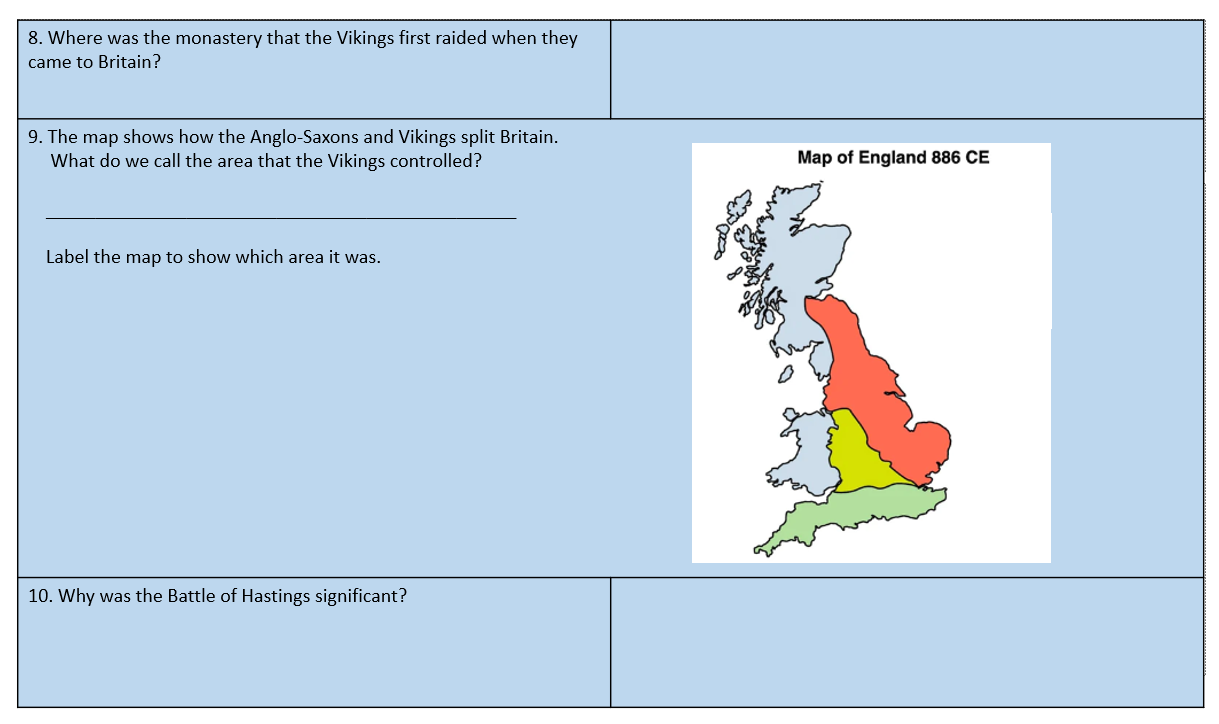History
The more you know about the past, the better you are prepared for the future.
~Theodore Roosevelt
We aim for a high-quality history education that will help pupils gain a coherent knowledge and understanding of Britain’s past and that of the wider world. To ensure this, we have designed and implemented a curriculum in collaboration with the Historical Association that meets the National Curriculum end points.
Our curriculum ensures all pupils:
- know and understand the history of these islands as a coherent, chronological narrative, from the earliest times to the present day: how people’s lives have shaped this nation and how Britain has influenced and been influenced by the wider world.
- know and understand significant aspects of the history of the wider world: the nature of ancient civilisations; the expansion and dissolution of empires; characteristic features of past non-European societies; achievements and follies of mankind.
- gain and deploy a historically grounded understanding of abstract terms such as ‘empire’, ‘civilisation’, ‘parliament’ and ‘peasantry’.
- understand historical concepts such as continuity and change, cause and consequence, similarity, difference and significance, and use them to make connections, draw contrasts, analyse trends, frame historically-valid questions and create their own structured accounts, including written narratives and analyses.
- understand the methods of historical enquiry, including how evidence is used rigorously to make historical claims, and discern how and why contrasting arguments and interpretations of the past have been constructed.
- gain historical perspective by placing their growing knowledge into different contexts, understanding the connections between local, regional, national and international history; between cultural, economic, military, political, religious and social history; and between short- and long-term timescales.
Our History curriculum is based on key concepts which are chronological knowledge and understanding, continuity and change, cause and consequence and significance. We have implemented an EYFS to KS2 enquiry curriculum which allows pupils to focus on these concepts through:
- diversity and migration
- empire and civilisation
- invasion/settlers
- rule of law
History is taught across the whole year as a sequence of progressive lessons. However, one full term in the year will have a spotlight on history, and it will be the key driver of the theme that term.
When planning, year groups create a medium-term plan which outlines the disciplinary skills and substantive knowledge which must be taught that term.
An overview of our history curriculum is uploaded below.



More information about the Historical Association can be found by clicking here.